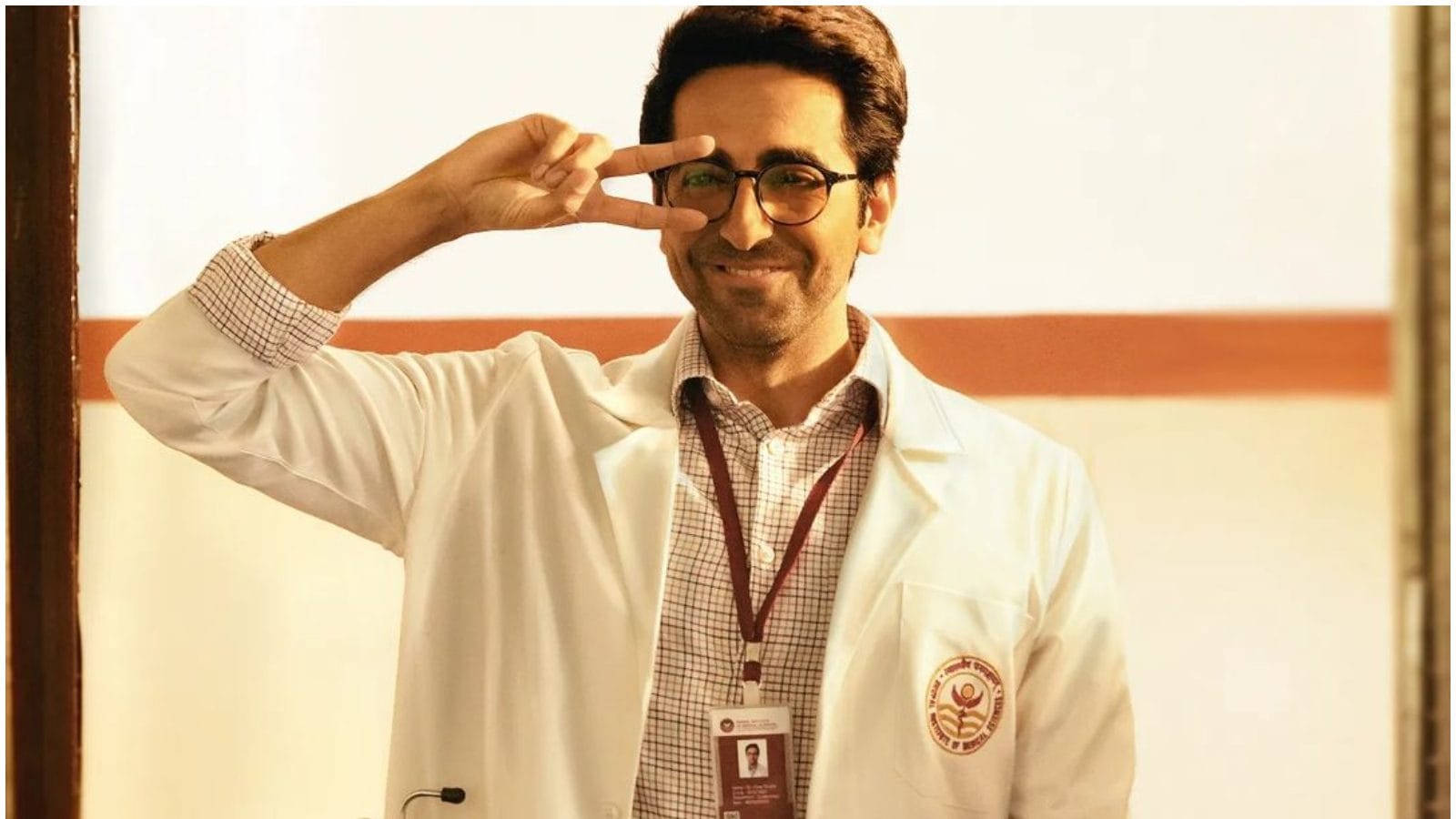Bollywood actor Ayushmann Khurrana recently opened up about his struggles, dealing with vertigo. Ayushmann, who will next be seen in director Anirudh Iyer’s An Action Hero, explained his condition, which became a huge hindrance while shooting for the film.
According to a report by the Times of India, the actor said, “I had vertigo six years ago and my forthcoming film required me to jump from high-rise buildings. Though there are harness cables for protection, you still feel anything can happen as you fall at a great speed. It’s a little nerve-wracking.”
Highlighting the importance of medication, the Vicky Donor actor added, “At first, medication is of the utmost importance, because once you get up, your head starts spinning. And especially in a profession like what we are today, where the script demands us to jump from a tall building, I think meditation helps a lot. If you are calm inside, then this helps a lot. This is curable, it keeps on coming and going. Inner power is something that people should imply.”
For those unaware of the condition, here’s a detailed guide to what vertigo is and how to deal with it if you are diagnosed with it.
What is it?
According to Healthline, vertigo is a type of dizziness that gives you the false impression that you, along with everything around you, are spinning or moving in a circular motion. It sometimes feels like motion sickness. The severity of vertigo might also vary from minor to severe. Vertigo attacks can occur suddenly and last a few seconds, or they might continue for a longer duration. Severe vertigo might disrupt daily activities.
Symptoms
Although the primary symptom of vertigo is dizziness, there are other signs and symptoms of vertigo that must not be overlooked. They are:
Profuse sweating without any strenuous exercise
Feeling nauseous accompanied by vomiting and headache
A sharp stinging in your ears
Eye twitching and temporary hearing loss
Causes
Vertigo can be caused due to several reasons. Some of them are as follows:
Benign paroxysmal positional vertigo (BPPV) – BPPV is the most common cause of vertigo. It results in a strong, transient sensation of spinning. A sudden shift in head movement, such as a blow to the head, triggers these episodes.
Ear infection – Ear infection is another primary cause of vertigo. Vestibular nerve inflammation can also induce vertigo symptoms. Excessive fluids inside your inner ear can also trigger vertigo that can last anywhere between minutes to hours.
Migraine – If you already suffer from migraine problems, then you might also be troubled by vertigo. Vertigo, induced by migraine, can sometimes last up to hours.
Treatment
It is important to consult a doctor if your vertigo is disrupting your daily life. Some vertigo treatments include:
Medications like antibiotics are prescribed to patients suffering from this condition. Antihistamines are also recommended.
Certain exercises like marching in one place or holding your position for some time are also assigned by doctors to improve your balance. A special therapy called Vestibular Rehabilitation Therapy (VRT) is also recommended.


